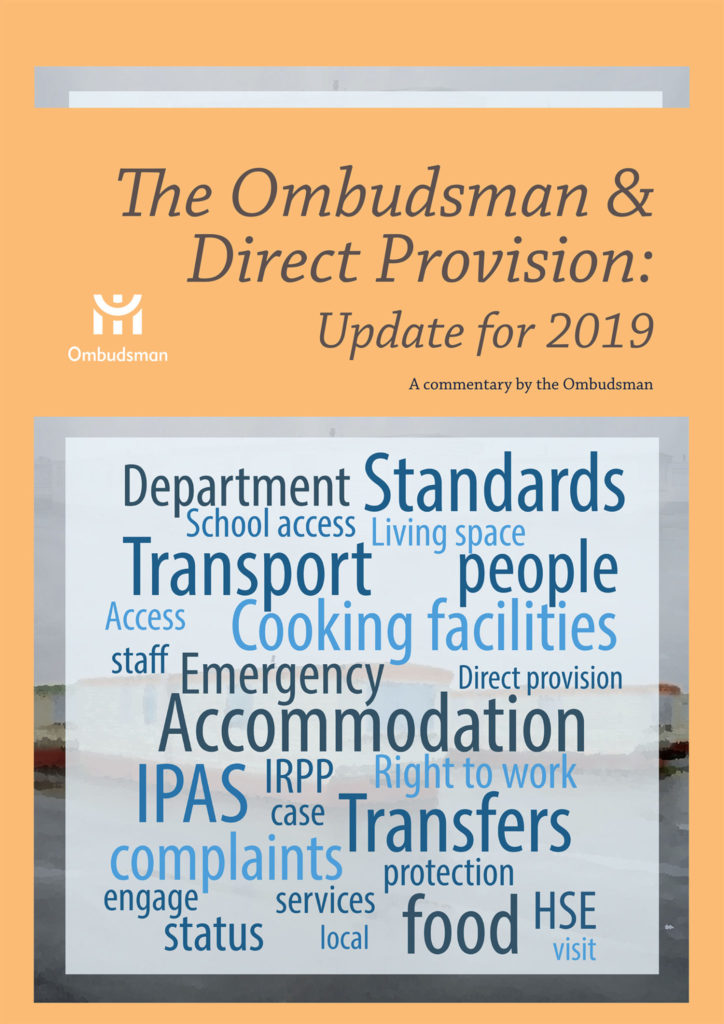The Ombudsman Peter Tyndall has again expressed concerns over the unsuitability of accommodation in the direct provision system.
He said that the highly contagious nature of COVID-19 has highlighted how "unsustainable" it is to have three or more people, who are not from the same family, living in the same room for a significant amount of time.
"The situation exists for many people in direct provision centres, and particularly for the increasing number of people living in emergency accommodation", he said.
He was speaking after the publication of a report on his experience of dealing with complaints from those in the direct provision system.
This is the third report since his office was given jurisdiction to investigate such complaints.
The office saw a 10.5% increase in the number of complaints made, from 152 in 2018 to 168 in 2019.
These concerned the length of time in emergency accommodation, transfers to other accommodation, access to schools for children, food facilities and access to GP services and medical cards.
The Ombudsman said that the most significant change he saw in 2019 was the increase in the number of applicants for international protection temporarily living in emergency accommodation in hotels, guesthouses, and bed and breakfasts.
 Picture by: The Office of the Ombudsman
Picture by: The Office of the OmbudsmanAt the start of 2020 there were 1,524 people in 37 different locations across the country.
The number of people in the direct provision system increased by 30% during 2018, and by a further 16% by early 2020.
Staff from the Ombudsman’s office visited 26 accommodation centres last year - including some unannounced visits.
Mr Tyndall said: "Current direct provision accommodation is not appropriate for anything other than short-term stay.
"Emergency accommodation is even more inappropriate.
"It is unacceptable that people who have sought refuge here can find themselves in accommodation that is entirely unsuitable for a prolonged period - up to 16 months and longer in some cases."
While the Ombudsman welcomed confirmation by the International Protection Accommodation Service (IPAS) that it is examining the feasibility of moving towards a capital investment approach, rather than the current practice of adapting existing buildings for the procurement of future accommodation centres.
He said this approach has the potential to "significantly reduce" the costs of running centres.
He also commended the IPAS and other agencies in moving over 300 people out of emergency accommodation due to the coronavirus crisis.
However, he said it was the physical constraints of current accommodation centres, and how applicants for international protection in the direct provision sector were being treated, which was of most concern.
Read the full report here









